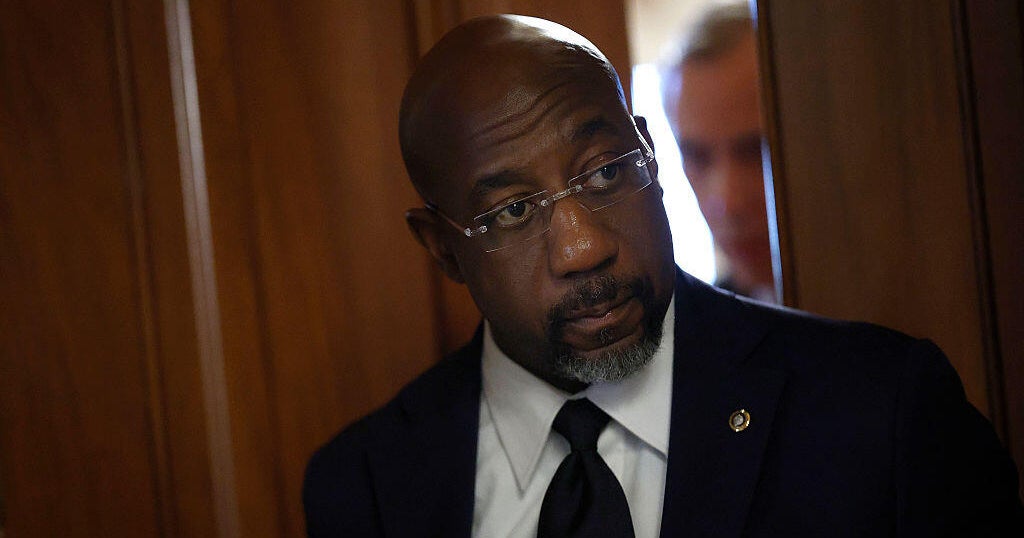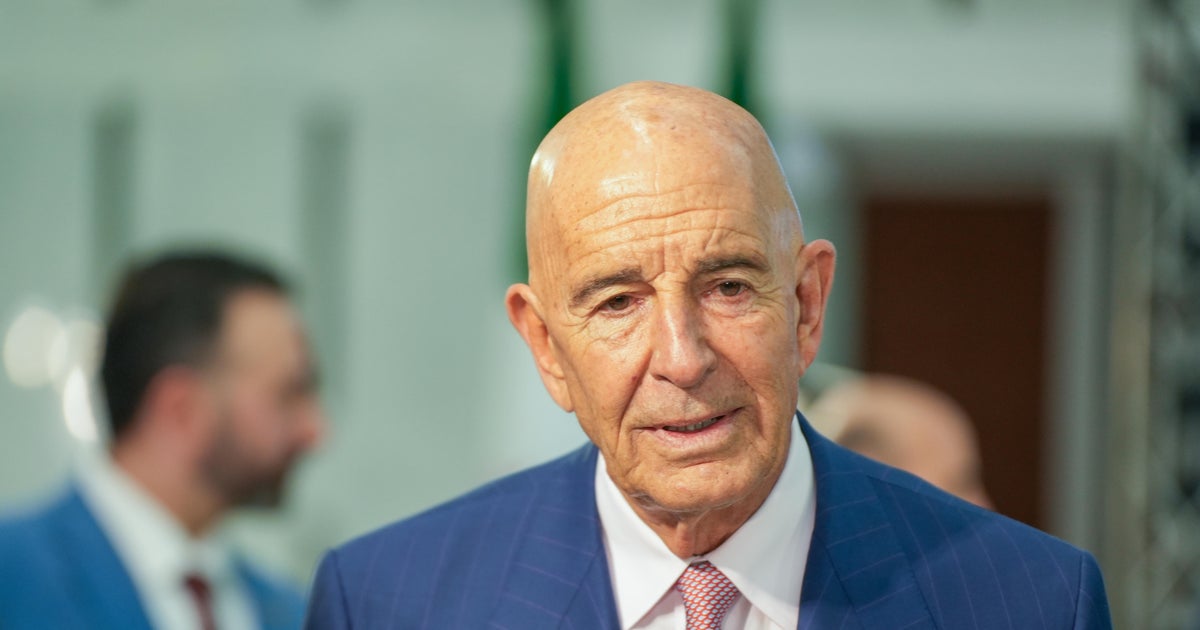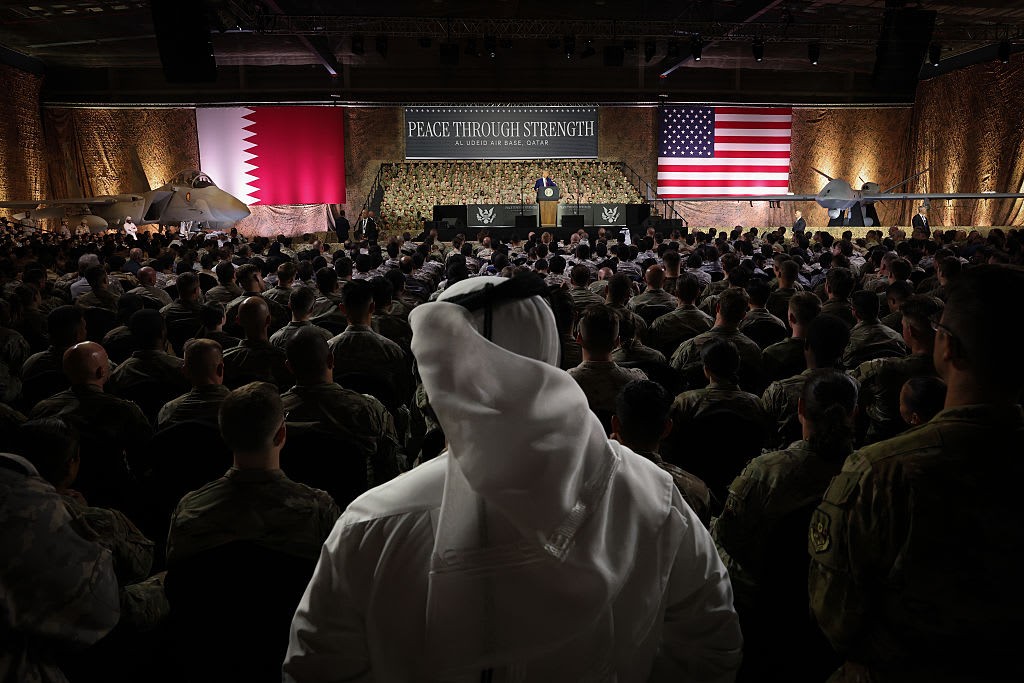Sean Spicer press conference live updates
2:27 p.m. Spicer was asked about Mr. Trump’s decision to authorize the Yemen raid on a group of al Qaeda in the Arabian Peninsula (AQAP) members and the risks he considered since one U.S. service member was killed during the mission. Spicer said that the U.S. killed “an estimated 14 AQAP members” and gathered a large amount of intelligence that he said will prevent attacks on American soil.
“You never want to call something a success 100 percent when someone is hurt or killed,” Spicer said.
2:23 p.m. A reporter noted that Sens. Lisa Murkowski, R-Alaska and Susan Collins, R-Maine, plan to oppose Betsy DeVos’ nomination to serve as secretary of education. Asked if he’s confident that all other Republicans would back her and if he’s concerned, Spicer said, “Zero...I have 100 percent confidence she will be the next secretary of education.”
2:19 p.m. Spicer is asked when Mr. Trump will implement his promise to get rid of gun-free zones in schools and military zones. Spicer said that the president has been following through on his promises through executive orders and to expect more on that. It was unclear if he was suggesting whether Mr. Trump thinks he can implement such a policy using his executive power.
2:18 p.m. Spicer is asked about clashes in Ukraine and whether Russia is testing the Trump administration and what the president plans to do. Spicer said that Mr. Trump has been “kept aware of what’s been going on in Ukraine” but he’ll have updates on that at another time.
2:11 p.m. Spicer is asked about more than 1,000 State Department employees who have signed a cable opposing Trump’s travel ban. He was asked if the president thinks Rex Tillerson, once he’s confirmed as secretary of state, should meet with those people. Spicer said there’s a difference between dissent and the Justice Department official Mr. Trump fired over the order she issued against the ban.
2:08 p.m. A reporter said that Trump’s adviser, Steve Bannon, has called Islam a dark religion. Spicer was asked if the president shares that view.
“I think the president has been very clear,” Spicer said, adding that he does not want to “target any one religion, but places and areas we believe have an issue.”
Spicer added that there’s a difference between Islam and radical Islam.
2:00 p.m. Spicer was asked how Mr. Trump plans to get Chuck Schumer on board with Gorsuch’s nomination to the Supreme Court when the president continues to mock him, calling him a “clown.” Spicer said that there’s “widespread support” of Gorsuch and his qualifications make him highly qualified.
Spicer was asked about the president’s endorsement of Republicans possibly invoking the nuclear option on Supreme Court nominees. He again reiterated that Mr. Trump believes Judge Gorsuch is “unbelievably qualified.”
Spicer said that the runner-up, Judge Hardiman, never left Pennsylvania for D.C. on Tuesday despite reports that said otherwise.
1:55 p.m. National Security Adviser Michael Flynn came to the podium who gave an update on an Iranian missile test that he said has violated a U.N. Security Council resolution.
“Iran continues to threaten U.S. friends and allies in the region,” Flynn said, adding that the U.S. is putting Iran on notice because the Obama administration failed to respond to Iran’s actions.
Spicer said the the National Security Council will have a briefing on the issue on Wednesday afternoon.
Here’s his full statement:
“Recent Iranian actions, including a provocative ballistic missile launch and an attack against a Saudi naval vessel conducted by Iran-supported Houthi militants, underscore what should have been clear to the international community all along about Iran’s destabilizing behavior across the Middle East.
The recent ballistic missile launch is also in defiance of UN Security Council Resolution 2231, which calls upon Iran “not to undertake any activity related to ballistic missiles designed to be capable of delivering nuclear weapons, including launches using such ballistic missile technology.”
These are just the latest of a series of incidents in the past six months in which Houthi forces that Iran has trained and armed have struck Emirati and Saudi vessels, and threatened U.S. and allied vessels transiting the Red Sea. In these and other similar activities, Iran continues to threaten U.S. friends and allies in the region.
The Obama Administration failed to respond adequately to Tehran’s malign actions—including weapons transfers, support for terrorism, and other violations of international norms. The Trump Administration condemns such actions by Iran that undermine security, prosperity, and stability throughout and beyond the Middle East and place American lives at risk.
President Trump has severely criticized the various agreements reached between Iran and the Obama Administration, as well as the United Nations – as being weak and ineffective.
Instead of being thankful to the United States for these agreements, Iran is now feeling emboldened.
As of today, we are officially putting Iran on notice.”
1:43 p.m. The briefing has begun and Spicer kicked it off by talking about Gorsuch’s nomination to the high court. He said that he’s “exceptionally qualified” to serve as a justice and his academic record is “impeccable.” He noted that Gorsuch would be, if confirmed, the first justice that will serve with someone he clerked for on the bench.
Spicer also talked about the administration’s effort to kick of Black History Month and slammed Senate Democrats’ effort to boycott the process to confirm some of President Trump’s Cabinet nominees.
He also pointed to a few polls that indicate, he said, that most Americans are “very supportive” of the travel ban.
11:30 a.m. White House press secretary Sean Spicer is expected to begin the daily briefing at 1:30 p.m., which comes a day after the president nominated Neil Gorsuch to the vacant seat on the Supreme Court.
Spicer will likely face more questions about the administration’s travel ban, which was part of an executive order President Trump signed Friday that has blocked people from entering the U.S. from seven predominantly Muslim countries: Iraq, Iran, Syria, Libya, Yemen, Somalia and Sudan. The order also suspends the Syrian refugee program to accept new refugees into the U.S. for 120 days. The order called for the extreme vetting of new arrivals to the United States.



